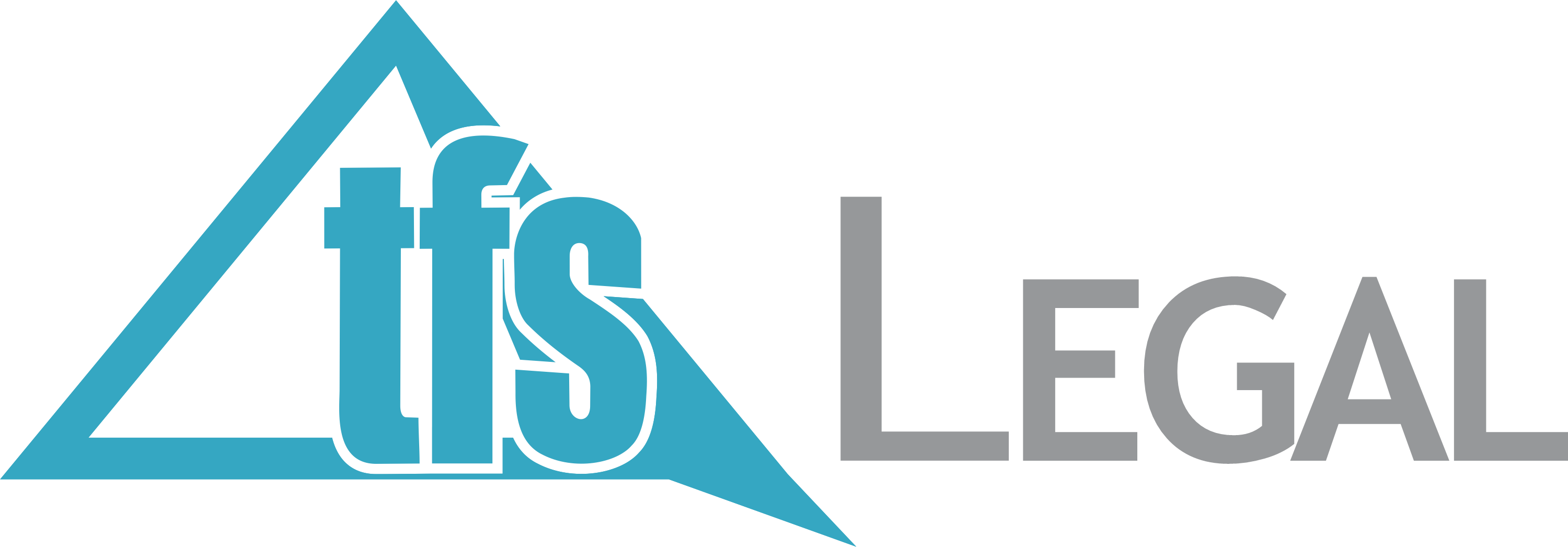Frequently Asked Questions

Who needs a trust?
Trusts are often wrongly associated with individuals who have a higher net worth, but this is a misconception as trusts are not only for the rich. A trust can be an important part of estate planning and can provide peace of mind ensuring your assets will go where you want them to.
What is the main purpose of trust?
The main purpose of a trust is asset transfer between persons. Trusts can hold varied assets. A few examples are investment accounts, houses, and cars.
Who is involved in a trust?
Trusts have three main participants:
- Grantor: The person that creates the trust and puts assets into the trust.
- Beneficiary: The person who would receive some or all (Depending on your stipulations) of the assets in the trust.
- Trustee: The organization or person who administers the trust.
What are the advantages of a trust?
- Control: As the Grantor, you can specify the terms of the trust, which means that a trust can help you if you need to be strategic, if you need to protect assets after a divorce, for example, or control what age someone would be eligible for the trust, or make stipulations how the money can be spent by the recipients.
- Privacy: You can rest assured knowing that assets in trusts do not go through probate. The process of Probate is public record, which can create issues if you’re disinheriting someone, or making distributions that you don’t want to be public
- Time: The probate process can take several months. Having a trust allows you to avoid probate and get assets to your heirs faster.
- Potential tax savings: Certain types of trusts can lower the taxes on your estate. However, most people don’t have to pay taxes on their estate, so talk with a financial advisor before setting up a trust. There’s no reason to use a trust to avoid taxes you may not be liable to pay anyway.
What are the disadvantages of a trust?
- Cost: An estate attorney can prepare the paperwork involved in setting up a trust and transferring your assets into the trust.
- Time: You will need to spend time dealing with paperwork. You may also need to discuss who is entitled to what.
- May not be necessary for tax reasons: In some cases, some people can save on estate taxes with certain trusts, but most estates are not subject to estate taxes in the first place.
What are fiduciary duties?
There are three fiduciary duties that a Trustee must discharge when administering trust property.
These duties are:
- The duty of care,
- The duty of impartiality and
- The duty to account.
However, a trustee’s task does not end there. She must ensure that she complies with her specific duties which are imposed either by the common law, statute (the Trust Property Control Act) or by the trust deed. A trustee can only properly fulfil her fiduciary duties if she fulfils these specific duties.
It, therefore, stands to reason that trustees can be held personally liable for defaults in trust administration.
What types of trusts are there?
There are 3 basic types of trusts, being an Ownership Trust, a Bewind Trust and a Curatorship Trust. More commonly however, trusts are described by the way in which they are formed:
Living (Inter Vivos) Trust:
This is a trust which is created during the lifetime of the founder. There are two types of living trusts in South Africa, namely vested trusts and discretionary trusts. In vested trusts, the benefits of the beneficiaries are set out in the trust deed, whereas in discretionary trusts the trustees have full discretion at all times about how much each beneficiary is to benefit. A living trust is created by the drafting of a trust deed and registering the trust (along with various prescribed forms) with the Master of the High Court. The trust becomes effective as soon as it is registered.
Testamentary (Mortis Causa) Trust:
As the name suggests, a testamentary trust is one which is provided for in the will of the deceased person. The will itself will stipulate that a trust must be set up upon that person’s death. Testamentary trusts are usually created to hold assets on behalf of minor children for example.
For the purposes of this article, we will focus on living trusts and outline a number of considerations that you should be aware of in this regard.
What is the importance of an Independent Trustee?
An independent trustee would have a particular duty, however, to protect the trust or its creditors from dishonest activities. They must see to it that the trust is being administered as per the terms of the trust deed. Are the meetings being properly convened and held? Is voting being done in a proper manner?
Independent trustees should have a finger on the pulse of all activities of the trust, since ultimately, they’re there to ensure the trust operates in the interests of the beneficiaries on the one hand, and in compliance with the law on the other.
While independent trustees can resign from their position within a trust, which will protect them from future irregularities, they remain responsible for actions that took place while they were involved with the trust. To this end, independent trustees can in fact be held liable and sued for damages by the beneficiaries or creditors of the trust, provided there is enough evidence against them.
What are the Master's Office requirements?
The administration of trusts is governed by the provisions of the Trust Property Control Act no 57/1988. There are two types of trust, e.g. an inter-vivos trust and a testamentary trust:
(a) an inter- vivos trust is created between living persons;
(b) a testamentary trust derives from a valid will of a deceased.
The inter-vivos trust must be registered with the Master in whose area of jurisdiction the greatest portion of the trust assets are situated. If more than one Master has jurisdiction over the trust assets, the Master in whose office the trust was first registered will continue to have jurisdiction. The following documents must be lodged in order to enable the Master to register an inter vivos trust and to issue letters of authority to the nominated trustee(s).
- Original trust deed or notarial certified copy thereof.
- Proof of payment of the applicable fee, for registration of a new Trust.
- Application form (J401)
- Completed Acceptance of Trusteeship (J417) and Acceptance of Auditor Application (J405) forms.
- Beneficiary Declaration (J450)
- Trustee(s) Identification – Certified copies of ID / Passport / Organization Proof of Registration (CK1)
- Trustee(s) Representative Identification – Certified copies of ID or Passport (Mandatory for Organization Trustee(s))
- Beneficiaries Identification – Certified Copies of ID or Birth Certificates / Passport /Organization (CKI)
- Bond of security by the trustees – form J344 (if required by the Master) or Proof of Exemption (If applicable)
- Final Certified Court Order (if applicable)
For a testamentary trust only requirements 3 to 5 have to be lodged.
- Application form (J401)
- Completed Acceptance of Trusteeship (J417) and Acceptance of Auditor Application (J405) forms.
- Beneficiary Declaration (J450)
For the testamentary trust the completed acceptance of trusteeship and the photopage of the trustees ID document by each trustee and all the requirements listed on form JM21 have to be lodged.
On receipt of all the required documents, the Master may issue the nominated trustees with letters of authority to administer the trust. No trustee may act as such without the written authority of the Master.
What is the difference between Executor & Trustee?
An executor is the person who will help execute the plan you laid out in your last will and testament. A trustee is responsible for managing a trust on behalf of its beneficiaries.
Both executors and trustees are considered fiduciaries, which means they have a legal obligation to act in the best interest of the will’s or trust’s beneficiaries.

Small enough to care

Clients needs are our priority

Provide Excellent Services at All Times

We are Agile, Innovative and Dynamic

Providing Clients with the results they require





